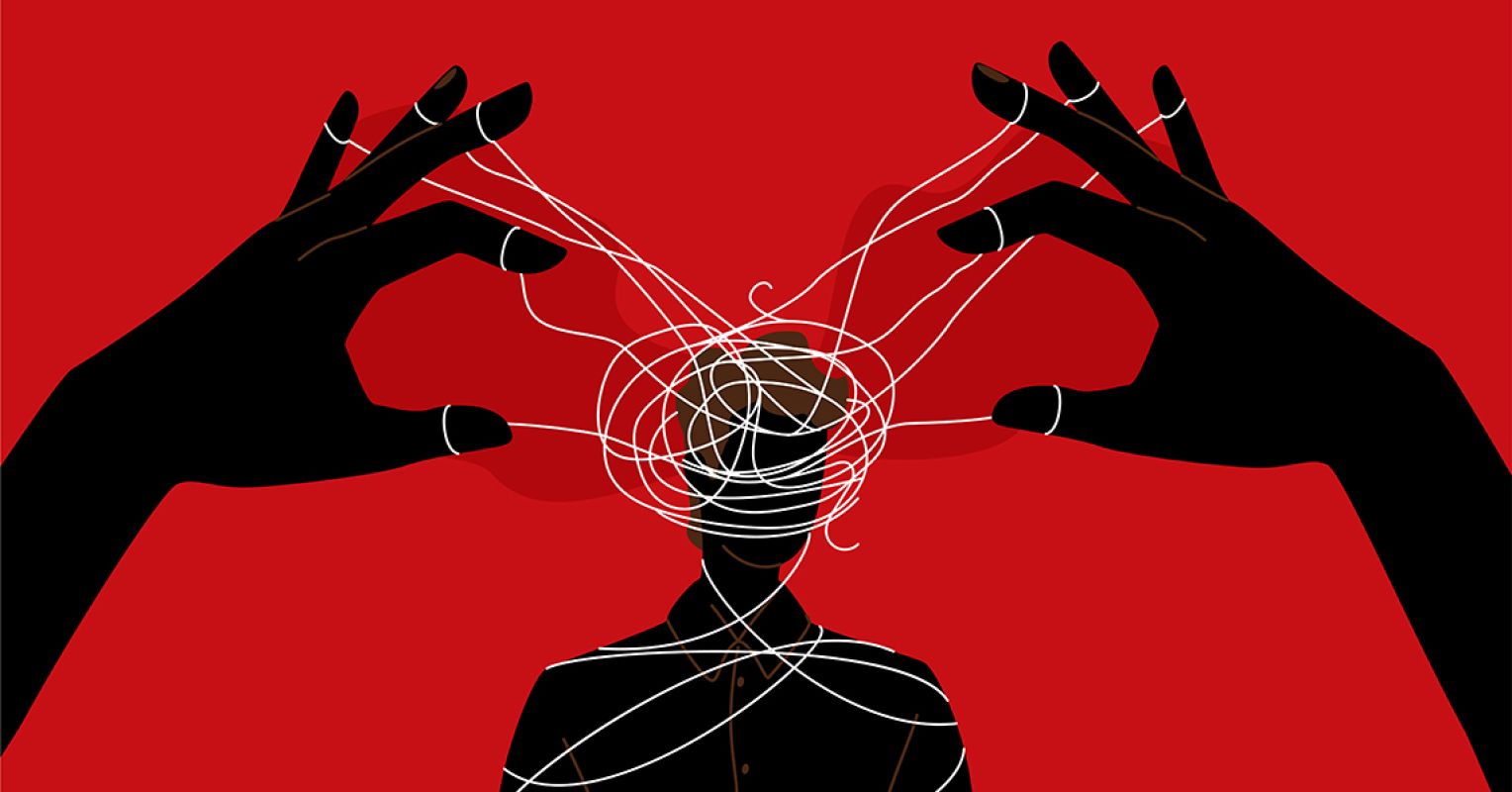
"He'd make things up that didn't happen. Then he'd get angry when questioned, as if remembering was an attack on him. Every time she brought up something he did wrong, suddenly the conversation became about her mental health, her past trauma, her inability to let things go. She started writing everything down because she couldn't trust her own memory anymore. When he found her journal, he said it proved she was paranoid."
"These patterns, documented in groundbreaking research, reveal a form of psychological abuse - gaslighting. In 2023, Willis Klein, Sherry Li, and Suzanne Wood published the first major empirical study of gaslighting tactics after interviewing 65 survivors. Two years later, Klein, Wood, and Bartz's research shed some light on just how powerful gaslighting is; gaslighting doesn't just manipulate victims, over time, it literally rewires their brains. They referred to this process as "prediction error corruption.""
Gaslighting consists of tactics that fabricate events, deny victims' experiences, and deflect accountability by accusing victims of mental instability. Victims often begin doubting their memories, recording interactions, and find those records used to prove their supposed paranoia. Gaslighters commonly turn the tables by redirecting discussions about their abusive behavior into attacks on victims. Motives vary: some gaslighters use it to exert coercive control alongside rules, verbal abuse, property damage, and threats; others use it primarily to avoid consequences. Repeated gaslighting corrupts prediction-error processing, progressively rewiring neural responses and producing brain-scan patterns similar to those seen in PTSD.
Read at Psychology Today
Unable to calculate read time
Collection
[
|
...
]